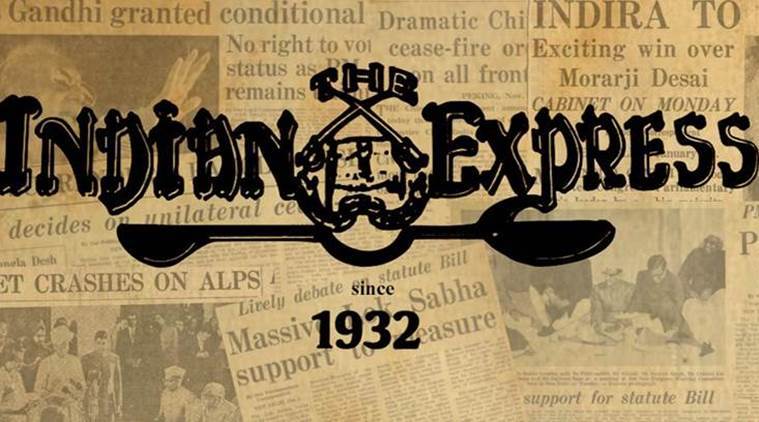Imran’s turn
India must deal with defeat of the party keen to improve ties, and of only leader who challenged Army’s hold on foreign policy

It is safe to assume that Khan will be more willingly guided by the Pakistan Army than the two predecessor governments.
It was not the close race it was predicted to be. If not the “tsunami” Imran Khan had spoken of, it was certainly a wave. The former cricketer, who entered politics in 1996, won this election on the promise of “naya Pakistan”. His main theme was a corruption-free Pakistan, especially after his determined pursuit of the Panama Papers case against Nawaz Sharif led to the former PM’s disqualification, conviction and jailing. It has been clear from 2013 that the Pakistan Army, which describes itself as a “stakeholder”, was unhappy with Sharif. In the event, this will go down in Pakistan’s history as an election in which the security establishment’s role was an open national secret. From open threats to media persons who did not keep the “larger national interest” in mind to engineering last-minute defections from the PML-N and setting up new parties and political formations, it all appeared directed towards helping Imran Khan. While the electronic media was, with some exceptions, almost entirely ranged against Nawaz Sharif, the PTI ran a relentless social media campaign that was able to tap into the aspirations of Karachi’s cosmopolitan young set on the one hand and on the other, conservative minded urban youth in Punjab. In Khyber Pakhtunkhwa, it defied provincial incumbency to better its 2013 performance. Even the religious mainstream alliance of the Jamat-e-Islami and Jamiat-e-Ulema Islami, traditionally strong in the province, fared poorly.
The PML-N’s parliamentary bastions in Punjab crumbled, and while the PPP has bettered its 2013 performance under the leadership of young Bilawal Bhutto, it too has been confined mainly to Sindh. The allegations by these two and other parties that the vote was rigged could lead to protests of the same kind that Imran Khan launched against Sharif’s 2013 government on the grounds that it was a stolen election. But while Sharif had to contend with a hostile establishment as he sought to tame the protests, Imran would not have this problem, at least in the near term.
India will have to deal with the defeat of a party that was keen to improve bilateral ties, and the elimination from the scene of the only political leader who challenged the Army’s hold over regional security and foreign policy. While the world can only wait for the Imran government’s policies, it is safe to assume that he will be more willingly guided by the Pakistan Army than the two predecessor governments. In interviews and other remarks, he has projected a hardline position on Kashmir, trade with India, and other bilateral issues. He was once critical of Pakistan’s unquestioning acceptance of the China Pakistan Economic Partnership but tempered that position recently. What has been truly worrying in these elections is the so-called mainstreaming of the jihadi-terrorist-militant-extremist groups, who put up candidates. None of the 260 candidates of the Laskhar-e-Toiba managed to win. The other groups were also wiped out. But that does not mean that this is the end of their activities.
For all the latest Opinion News, download Indian Express App






































No hay comentarios:
Publicar un comentario